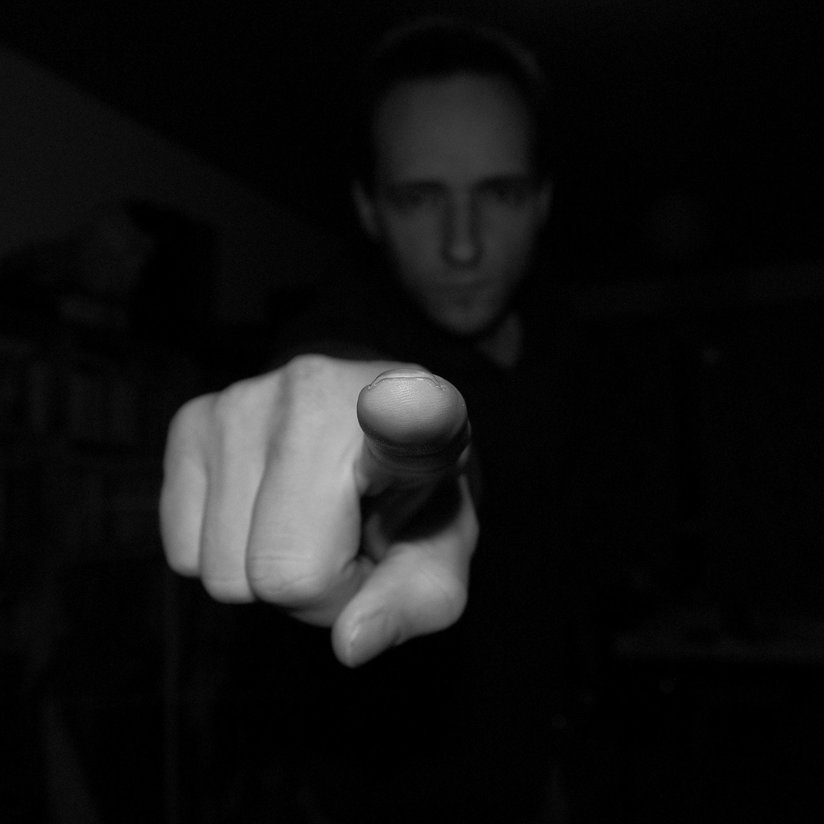
-
HOME
-
WHAT IS STANDOur Mission Our Values Our Help Contact
-
WHAT WE FIGHT FORReligious Freedom Religious Literacy Equality & Human Rights Inclusion & Respect Free Speech Responsible Journalism Corporate Accountability
-
RESOURCESExpert Studies Landmark Decisions White Papers FAQs David Miscavige Religious Freedom Resource Center Freedom of Religion & Human Rights Topic Index Priest-Penitent Privilege Islamophobia
-
HATE MONITORBiased Media Propagandists Hatemongers False Experts Hate Monitor Blog
-
NEWSROOMNews Media Watch Videos Blog
-
TAKE ACTIONCombat Hate & Discrimination Champion Freedom of Religion Demand Accountability
The Looper’s Patrick Phillips Tells Us What’s “OK” to Hate
A bigot is a person intolerant of opinions, lifestyles, or identities different from his or her own.
Generally speaking, bigotry is frowned upon. Nevertheless, there is a tendency in media to carve out a niche in which it is not only “OK” to be a bigot, but treated as natural— even sophisticated.
As an example, a Scientologist was recently selected to be part of an upcoming film. The director of the movie was thrilled to have the actress on board, citing his long-time admiration of her work. Pretty straightforward, right?
But when this simple story was reported in The Looper by a Patrick Phillips, he took the liberty of throwing in a gratuitous, snide and bigoted remark about the actress’ religion.
Phillips was more than comfortable offering up and publishing his personal bigotry, because in his mind he has carved out a selection of people that it is “OK” to hate.

The actress’ religion is Scientology. Phillips is not a Scientologist and knows nothing about it. However, he’s gotten the idea that casting aspersions about this religion is not only acceptable, it signals a “knowing” superiority.
This is the very essence of bigotry.
Let’s assume that Phillips wouldn’t say about Jerry Seinfeld that the director of his latest comedy special is excited to work with him “in spite of his being Jewish” or that Herbie Hancock’s new music is great “once you get past the fact that he’s a Buddhist.”
So how did we get to this place where it is OK to selectively discriminate?
Well, the answer revolves around the media, which too often casts truth to the wind for a “story.” This has always been the case, but the sheer volume of outlets today demands a constant stream of faux boogeymen to gin up fake outrage and drive page views, ratings and clicks. Thus we have made-up, at worst, or greatly exaggerated, at best, “information” disseminated as truth through media outlets.
Phillips was more than comfortable offering up and publishing his personal bigotry, because in his mind he has carved out a selection of people that it is “OK” to hate.
As most people don’t take the time to read the source materials about an individual or group and meekly assimilate what they read, negative opinions can be installed, much like picking up a computer virus. That virus leads to “group think” and unconscious bias.
Once a group or individual has been marginalized by the group-think media, even when its coverage is false, that group is fair game to be ridiculed without any need for the bigot to worry about being called out as one. In fact, in many circles, the bigot will be praised.
This exact pattern occurred in Nazi Germany in the run-up to the Holocaust. The German government began a constant program of propaganda pushing stereotypes about Jews.

Of course during that time they didn’t have the internet or cable. They had newspapers and used them to propagandize.
Eventually the public took on this propaganda as truth and “everybody knew” it was correct, creating an environment where their countrymen shrugged while Jewish German citizens were murdered.
As a Black man I grew up hearing that Black men didn’t have the intelligence to be quarterbacks of a football team. Statements like these were casually made by sportscasters, seemingly without malice, as if they were reporting the weather.
One talented Black quarterback had to go to Canada to win several championships there—after which he was only then given an opportunity in the NFL.
As a young man, I heard many bigoted comments about Jews. I was cautioned to watch out in business dealings with them on the one hand and encouraged to seek their counsel on the other.
All of these false ideas create a fun-house mirror image of the world where certain groups and individuals, at different times throughout history, are seen as “OK” or “not OK” to hate.
But no group or individual should be subjected to the bigotry of individuals like Phillips.
Let’s get back to fact-based journalism and leave the bigotry in the junk heap with the swastikas of the past.









